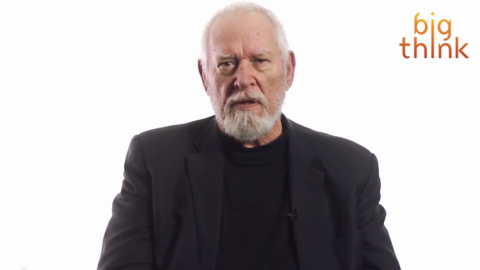Vertical Farming Will Help Us Meet the Challenges of Tomorrow

Global population will grow from around 6 billion people today to 8.3 billion in 2030, according to the United Nations. That’s a lot of mouths to feed. And for those who enjoy milk, cheeses, and generally eating animals, that’s a lot of livestock to feed as well. We currently require land the size of South America to grow our food. South America. How will we have enough land to feed a growing population and meet the challenges of tomorrow? One solution may be vertical farming.
Ecologist Dickson Despommier, the Professor of Public Health in Environmental Health Sciences at Columbia University, is a leading expert on vertical farming. Plants or animal life are grown in skyscrapers. Glasshouse technology—using both sunlight and artificial light—help bring farming to densely populated urban areas. As 50 percent of people live in cities, according to World Health Organization estimates, it’s the farming of the future which is already catching on around the world.
“There’s a vertical farm in Singapore. It’s a brand new building, It looks like a greenhouse from the outside, but it’s four stories tall,” says Despommier. “It uses soil based potted plants on a series of conveyor belts which migrates the plants by gravity – some kind of a grandfather clock like apparatus which actually moves this conveyor belt of plants near the windows maybe once or twice an hour so that every plant gets the same amount of sunlight during the day.”
The movement of vertical farming is bringing together people around the world. A project in Sweden called Plantagon, which combines innovations in clean-tech with urban farming, is being developed with the help of the Onondaga Indians of northern New York. Meeting the challenges of the future—new energy sources, reversing environmental degradation, feeding a growing population—can be found in the new technologies being developed for urban farming, as Plantagon illustrates.
For more on vertical farming and the latest innovations in development, watch a clip from Big Think’s interview with Despommier:




